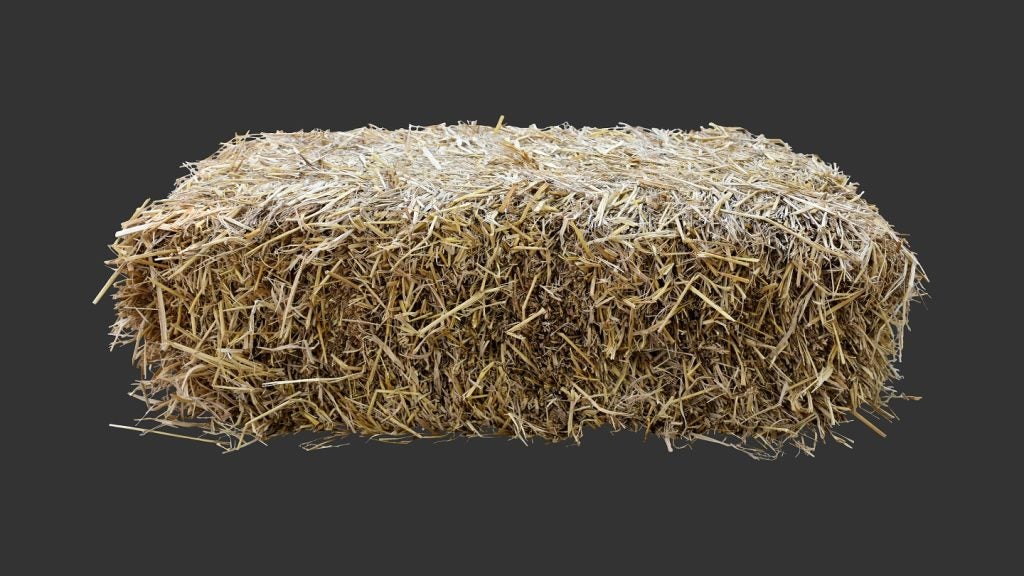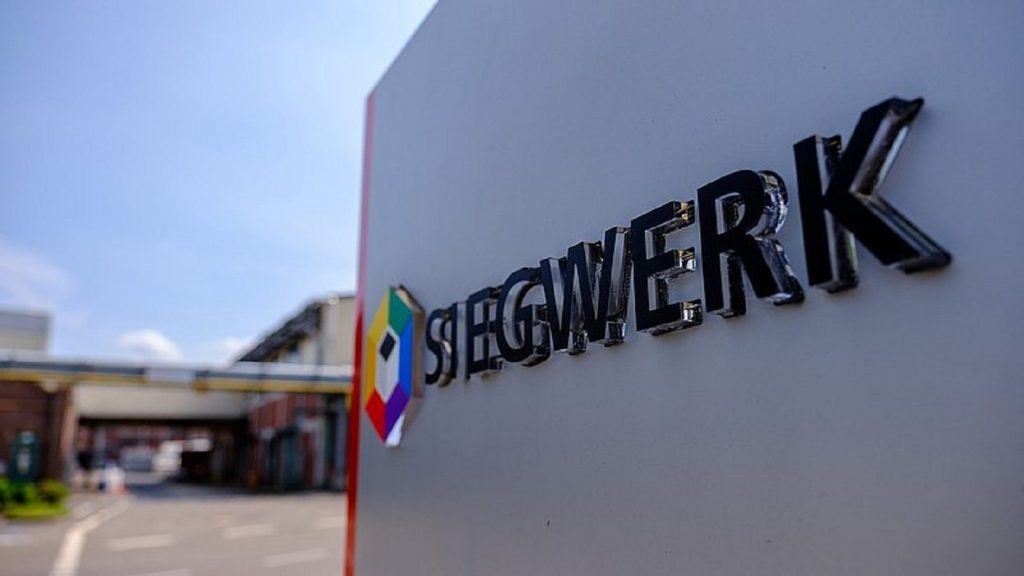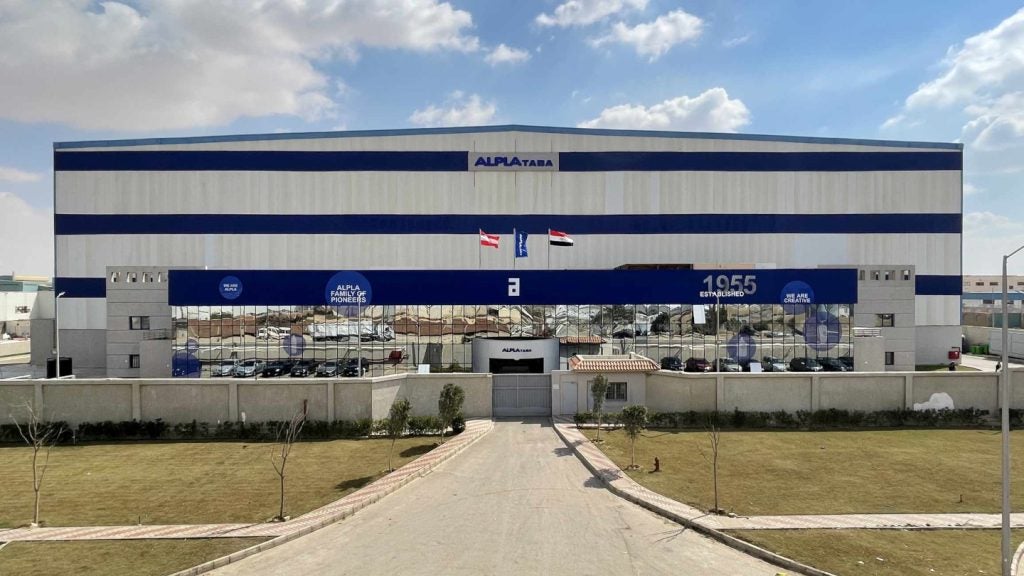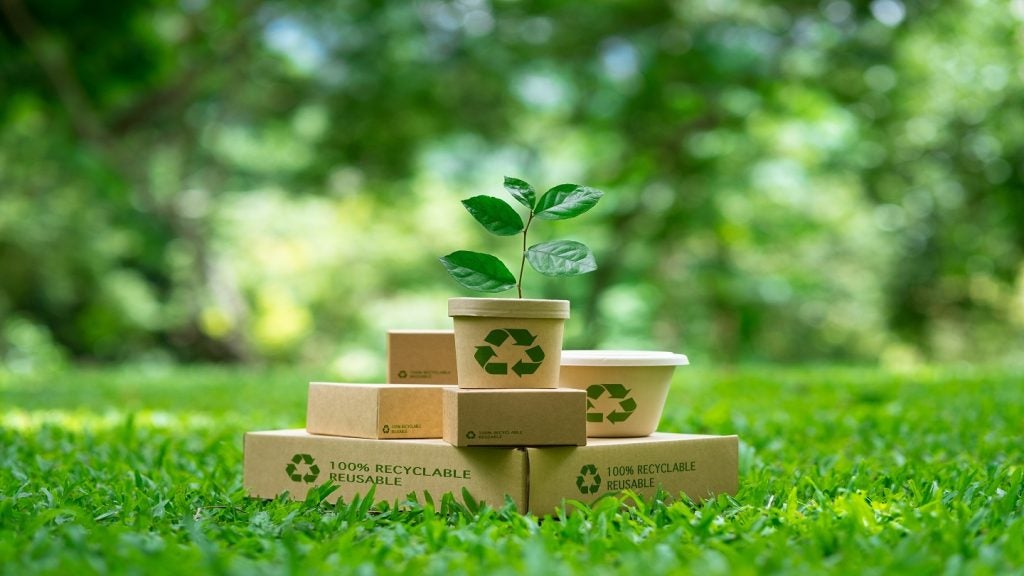The Indian Institute of Technology-Madras (IIT-M) has launched a new initiative aimed at developing zero-waste bioplastics, the Hindu has reported.
The new centre is supported by the Department of Chemicals and Petrochemicals under the Ministry of Chemicals and Fertilisers, Government of India.
The development focuses on developing sustainable alternatives to conventional plastics by creating cost-effective and scalable alternatives that are not only biodegradable but also microplastic-free.
This ensures that the materials decompose fully while leaving no harmful particles behind in the environment.
According to IIT-M Department of Chemical Engineering professor M Ethayaraja, traditionally, bioplastics were made from food sources such as starches derived from corn or potatoes. However, this raised concerns regarding food security.
To address this issue, a new generation of bioplastics bioplastics has been developed.
These are produced using organic byproducts such as bagasse and rice straw, providing a more sustainable alternative.
Ethayaraja was quoted by the news agency as saying: “We’re working on third-generation bioplastics because they don’t compromise on food security and can have a much lower environmental impact.
“These bioplastics can be made from waste materials such as agricultural residues or algae, and they’re biodegradable at a molecular level, which is crucial for reducing the environmental footprint of packaging.”
Despite the potential of bioplastics, challenges in cost and scalability remain, with well-known bioplastics such as polylactic acid being expensive to produce and alternatives such as polyhydroxyalkanoates not yet commercially viable.
The IIT-M team is hopeful that its ongoing research will reduce production costs, making bioplastics more commercially accessible.
One of the centre's primary objectives is to develop sustainable food packaging solutions.
Additionally, the centre is investigating bioplastics for medical textiles, including protein-based materials from agricultural waste for use in medical implants that the body can absorb, avoiding the need for surgical removal.












